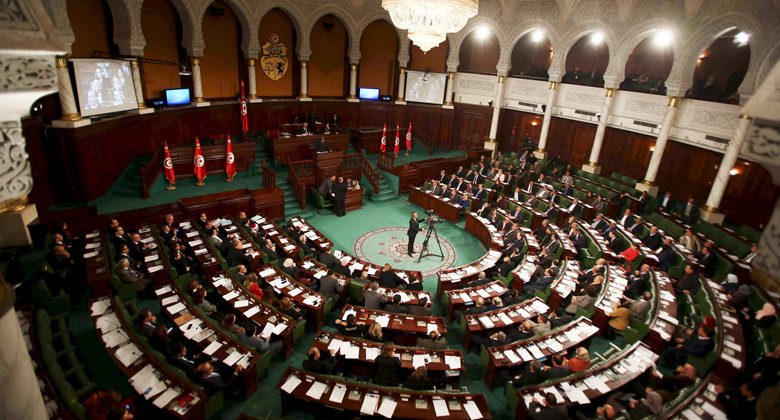

Tunisia’s government has announced social reforms following days of unrest in response to a 2018 budget that has been labelled an unfair extension of austerity measures by opposition groups.
The 36 billion dinar ($14.55 billion) 2018 budget, approved by parliament in early December, has curbed public sector pay growth for the year, and raised tax on fuel, cars, alcohol, phone calls, the internet and the hotel industry, as a means of balancing Tunisia’s finances.
Protests against the wage cuts and taxes began on 7 January, when initially peaceful rallies, held in at least 10 different areas including the capital, Tunis, descended into violence between protesters and police that has seen more than 800 people arrested.
In reaction to the escalating situation, President Beji Caid Essebsi hosted emergency talks on Saturday at the presidential palace, where Tunisia’s various political parties and trade unions drew up fresh plans for social reforms.
“We discussed the general situation in the country and the reforms, especially socio-economic, that must be adopted to overcome the current problems,” Wided Bouchamaoui, the head of the UTICA employers’ association, told reporters after the meeting.
The proposed plans, now submitted to parliament, include medical care and housing reforms, as well as an increase in welfare payments by 170m dinar ($70m), according to social affairs minister Mohammed Trabelsi.
“This will affect about 250,000 families. It will help the poor and middle class,” he said.
It has also been suggested in reports that MPs will discuss an increase in the minimum wage.
Noureddine Taboubi, the secretary general of UGTT, the country’s main trade union, said no specific moves had been agreed but that measures “must be adopted” to aid needy families and improve the social safety net.
The opposition have called for further peaceful demonstrations on Sunday, 14 January, the seventh anniversary of the ousting of President Zine al-Abidine Ben Ali, after more than 20 years in power.
The Arab Spring was sparked in Tunisia by high unemployment and worries about corruption, but despite the revolution, the country’s economy has continued to struggle.
In December 2017, the International Monetary Fund, which gave the country a $2.8bn loan in 2015, told Tunisia it needed to take “urgent action” and “decisive measures” to reduce its deficit.
Last April, the IMF released a delayed $320m tranche of the loan package, on condition that Tunisia raise tax revenue, reduce the public wage bill and cut energy subsidies.
Tunisia’s 2018 budget was targeted at a deficit of 4.9 per cent of gross domestic product in 2018, down from about 6 percent expected in 2017.
The budget also includes an increase in import tax on cosmetics and agricultural products, as well as a rise in the levy on bank profits from 35 per cent to 40 per cent.
Value-added tax has been raised by 1 percentage point, while a new one percent social security tax has been introduced to address a $1 billion deficit in Tunisia’s state social security funds.
The budget also targeted a GDP growth of about 3 per cent in 2018, up from 2.3 per cent in 2017.
You might also like...

Iraq signs deal to develop the Akkas gas field
25 April 2024

Emaar appoints beachfront project contractor
25 April 2024

Acwa Power signs $356m Barka extension
25 April 2024

AD Ports secures Angola port concession agreement
25 April 2024
A MEED Subscription...
Subscribe or upgrade your current MEED.com package to support your strategic planning with the MENA region’s best source of business information. Proceed to our online shop below to find out more about the features in each package.




